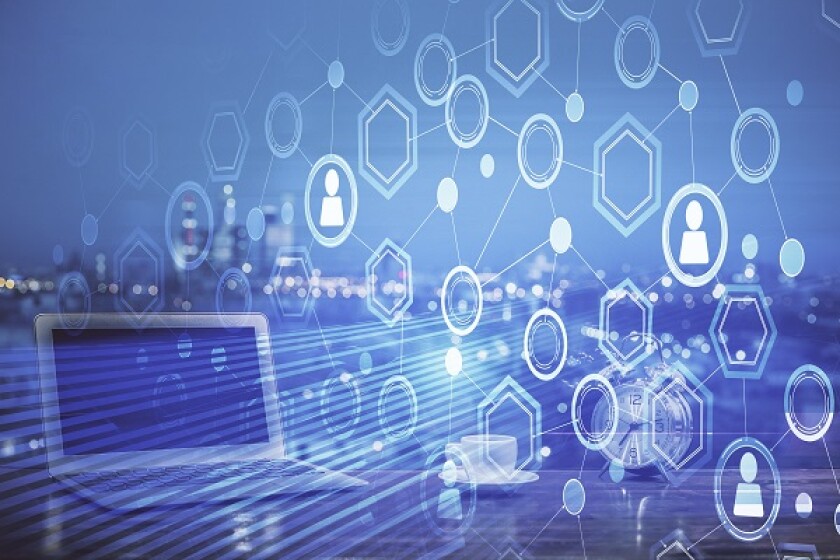Under the exceptional circumstances caused by the COVID-19 pandemic, the EPO has postponed all oral proceedings in opposition scheduled for the rest of the year. Only oral proceedings already scheduled to take place by videoconference or to be held by videoconference with the parties' consent will take place this year. Oral proceedings in examination are still being held by videoconference whilst oral proceedings in appeal in principle still take place as scheduled.
At least in opposition cases, parties summoned to oral proceedings which are being rescheduled after the issuance of the Opposition Division's preliminary opinion, may hope for an updated version of the preliminary opinion to come out when divisions send out summons for the new date. In particular, where a provisional opinion communicated with the initial summons concludes that the opposed patent may not be upheld, and where the proprietor has subsequently furnished one or more auxiliary claim sets in preparation for the originally planned oral proceedings, the summons for the hearing may include the division's preliminary findings with regard to such auxiliary claim sets. Proprietors of patents likely not to be maintained as granted may greatly benefit from checking their auxiliary claims in preparation for oral proceedings.
In appeal, oral proceedings are in principle still being held as scheduled, with some cases being heard at the EPO's Isar building in Munich, and the starting times of oral proceedings possibly being staggered. Attendance is generally restricted to a maximum of two persons per party, and parties wishing to enter the buildings must complete a self-declaration form, confirming that they have not been to a high-risk area in the past 14 days (as published by the German Robert-Koch-Institute on its website). The use of a face mask on the way to the oral proceedings room is mandatory, and the boards may require the use of face masks inside the oral proceedings room too.
As regards requests for postponement of oral proceedings, a recent decision T 437/17 of July 8 2020 concluded that a mere general reference to the COVID-19 pandemic and health risks regarding travel in Germany was not a serious reason justifying the fixing of a new date.











